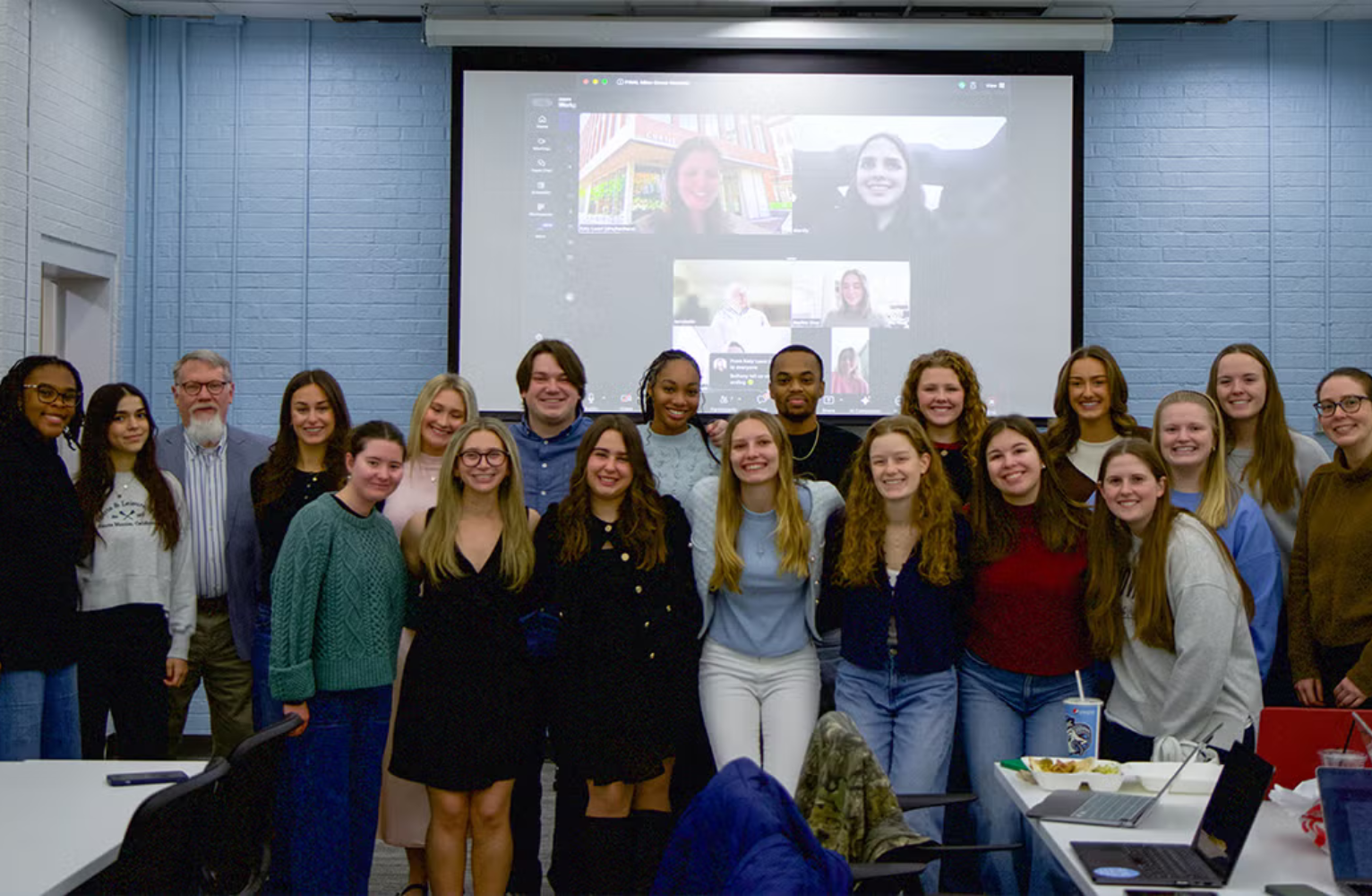
A new study over the next four and a half years will create, design and deploy social media messages to encourage young adults to get offline and experience social connectedness through in-person interactions.
U.S. Surgeon General Vivek Murthy warned that in America, there’s an epidemic of loneliness due to the absence of social connection. Even before the separations brought on during the Covid-19 pandemic, one in two Americans reported experiencing loneliness.
Barbara Fredrickson, Kenan Distinguished Professor of Psychology and Neuroscience in the College of Arts and Sciences, has studied the health benefits of positive emotions and positive connections for decades. In this project, she paired up with the UNC Hussman School of Journalism and Media’s Allison Lazard, E. Reese Felts Jr. Distinguished Associate Professor, an expert in how visual design influences message perception, especially in a digital environment.
“For decades, we’ve been looking at the benefits of positive emotions and positive connections for individual and community health and well-being,” Fredrickson said. “The next turn that I want to make is to find better ways to cultivate the conducive conditions for people to experience these health-promoting states. Allison brings a wealth of communication science to the table. With her help, we’ll have more messages, better frequency, lots of novelty, a lot of visuals, testimonials and stories. All of that is a world apart and better from what we’ve used in the past.”
Fredrickson and Lazard are principal investigators of a $3 million study, funded by the National Institute on Minority Health and Health Disparities (NIMHD). The study will test whether, how, where and for whom social media messages can reduce social isolation in young adults (aged 18-29).
“We know this anecdotally and we know it from the scientific literature,” Lazard said. “There have been enough meta-analyses showing that young people need help. They are struggling. We will reach young people where they are to encourage them to go out in their communities to have more meaningful in-person interactions.”
Distinguished professorships support renowned scholars and propel research at Carolina. These privately-funded endowments help attract and retain the academic leaders of today, ensuring a state-of-the-art education for all Tar Heels.
Read the complete Carolina Story…
Related Stories




